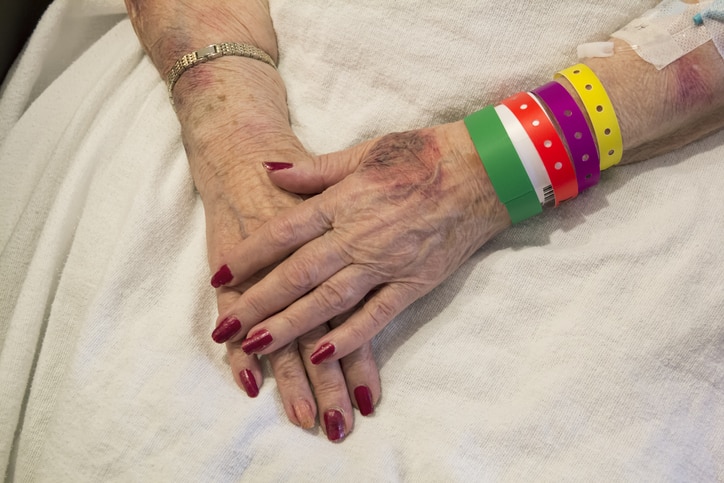By Elizabeth Oettiker, LMSW, Care Manager
This June 15th is World Elder Abuse Awareness Day.
According to the Pew Research Center, 22% of the US population is age 60 and older. Are you aware that approximately 1 in 10 adults over the age of 60 is a victim of elder abuse? More alarmingly, only 1 in every 24 elder abuse cases is reported. Elder abuse leaves both physical and emotional scars.
As we age and begin to experience cognitive decline and increased isolation, our chances of becoming a victim of elder abuse climb in correlation. Most perpetrators of elder abuse are individuals that are previously known to the older adult. Victims are often fearful, anxious, and distrusting of others and refuse needed help as a result.
World Elder Abuse Awareness Day is meant as a call for help – to help those who have suffered and to end this individual and communal crisis.
Let’s first understand that elder abuse is divided into six subcategories:
- Self–Neglect: An older adult’s inability to adequately meet their health and safety needs results in a lack of proper medical care, nutrition, housing, or other basic needs.
- Physical Abuse: Pain or other injury is inflicted upon an older adult.
- Sexual Assault: Any inappropriate touching, intercourse, or other sexual activity inflicted upon an older adult without their explicit consent.
- Financial Exploitation: Misappropriation or misuse of an older adult’s money or property.
- Emotional Abuse: Inflicting mental pain or anguish on an older adult.
- Neglect: Failure to provide care in a way that meets the health and safety needs of an older adult.
Identifying the signs of elder abuse is critical to prevention. Signs of physical and sexual abuse or neglect can include bruises or other injuries, medication overdoses, pulling away from physical touch, changes in sleep patterns, and refusal to see visitors. Signs of emotional or psychological abuse include agitation or fear in the presence of a specific person (usually the abuser), apathy, withdrawal, and mood swings. And lastly, signs of financial abuse include a sudden inability to pay one’s monthly bills, large financial transactions outside of a person’s typical patterns, and simply suspicion that one’s finances are being misappropriated.
Elder abuse can be prevented. We must listen to older adults and caregivers to understand challenges and provide support when needed. Family and caregivers should learn to identify the signs of elder abuse. Lastly, one should familiarize themselves with how to report elder abuse and support the older adult in receiving assistance.
Excellent resources are available and are found at https://aging.maryland.gov/Pages/elder-abuse-prevention.aspx.
If you or someone you care about needs additional support to help cope, The Option Group is here to help. Please contact our professional care management team for assistance.
About The Option Group: Founded in 2010, The Option Group’s compassionate team of experienced Certified Life Care Managers serves families, their loved ones, medical professionals, and professional family advisors in Maryland, Pennsylvania, and Delaware. The firm understands the challenges of caring for an individual who needs assistance due to aging, dementia, disability, or serious illness. Their skilled providers possess over 100 years of combined experience navigating the healthcare maze and accessing hundreds of quality resources. The Option Group helps families spend quality time with their loved ones, providing clear choices that lead to better care. For more information, visit www.theoptiongroup.net or call 410-667-0266 (MD) or 717-287-9900 / 610-885-8899/ 215-896-6756 (PA) / or 302-858-6449 (DE).

